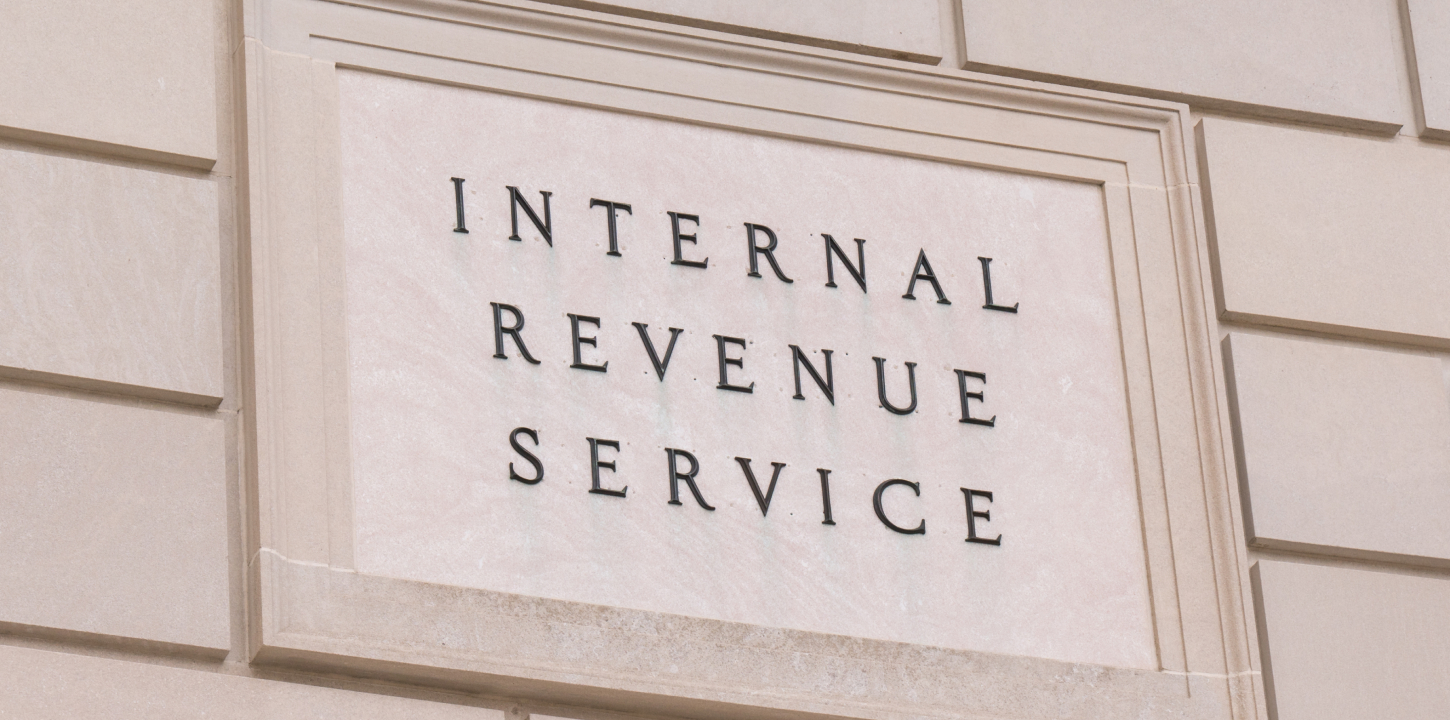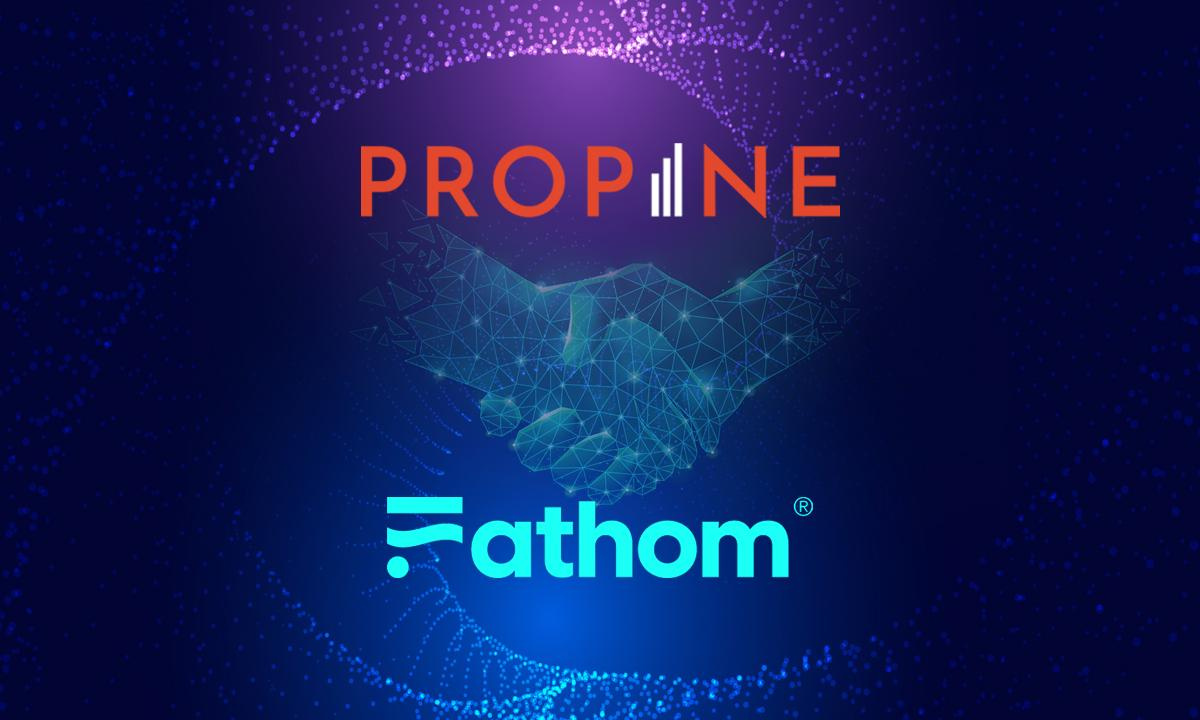Table of Contents
The IRS decreed US crypto investors deriving income from staking services must include the fair market value of those rewards in the gross income the moment they gain control of those assets.
The US Internal Revenue Service (IRS) has declared US cryptocurrency investors must include staking rewards as part of their gross income. According to the IRS’s directive, taxpayers must include the fair market value of staking rewards as soon as they gain control of those assets.
Staking Rewards Become Taxable
The IRS’s directive states that staking rewards in crypto become subject to income tax within the US the moment they are in the taxpayer’s possession. It declares the instant an owner is awarded units of digital assets as incentives for validation, their fair market value must be included in the taxpayer’s income in the tax year in which the staking rewards were obtained. The IRS specifies:
“The fair market value is determined as of the date and time the taxpayer gains dominion and control over the validation rewards.”
According to the IRS, general tax principles apply to property transactions and crypto transactions. Thus, any reward obtained through staking must be included within an individual’s gross income as it applies to rent, royalties, and compensation for goods and services.
Further, the IRS states taxpayers compensated for goods and services through cryptocurrencies, including crypto miners, must also include the market value of the assets as part of their taxable income. The agency explains:
“If a cash-method taxpayer stakes cryptocurrency native to a proof-of-stake blockchain and receives additional units of cryptocurrency as rewards when validation occurs, the fair market value of the validation rewards received is included in the taxpayer’s gross income in the taxable year in which the taxpayer gains dominion and control over the validation rewards.”
The Future of Staking in the US Remains Unclear
Staking services have been the topic of controversy in the US over the past six months. Uncertainty over staking services started when the SEC sued crypto exchange Kraken over its staking business, and Kraken agreed to suspend the service and pay a $30 million fine.
Coinbase has pressed the SES for regulatory clarity surrounding the industry, specifically concerning staking. The exchange petitioned the securities agency to exclude staking from its definition of securities. Still, the SEC maintain staking services through intermediaries, such as in the case of Kraken, which meets the requirements of the Howey Test and qualifies as securities.
Despite ongoing requests to the SEC to clarify staking, the agency has not yet offered any guidance or regulation. In light of the regulatory uncertainty in the US, Coinbase announced it suspended its staking services in California, New Jersey, South Carolina, and Wisconsin following preliminary order by local state regulators.
Disclaimer: This article is provided for informational purposes only. It is not offered or intended to be used as legal, tax, investment, financial, or other advice.
Investment Disclaimer









